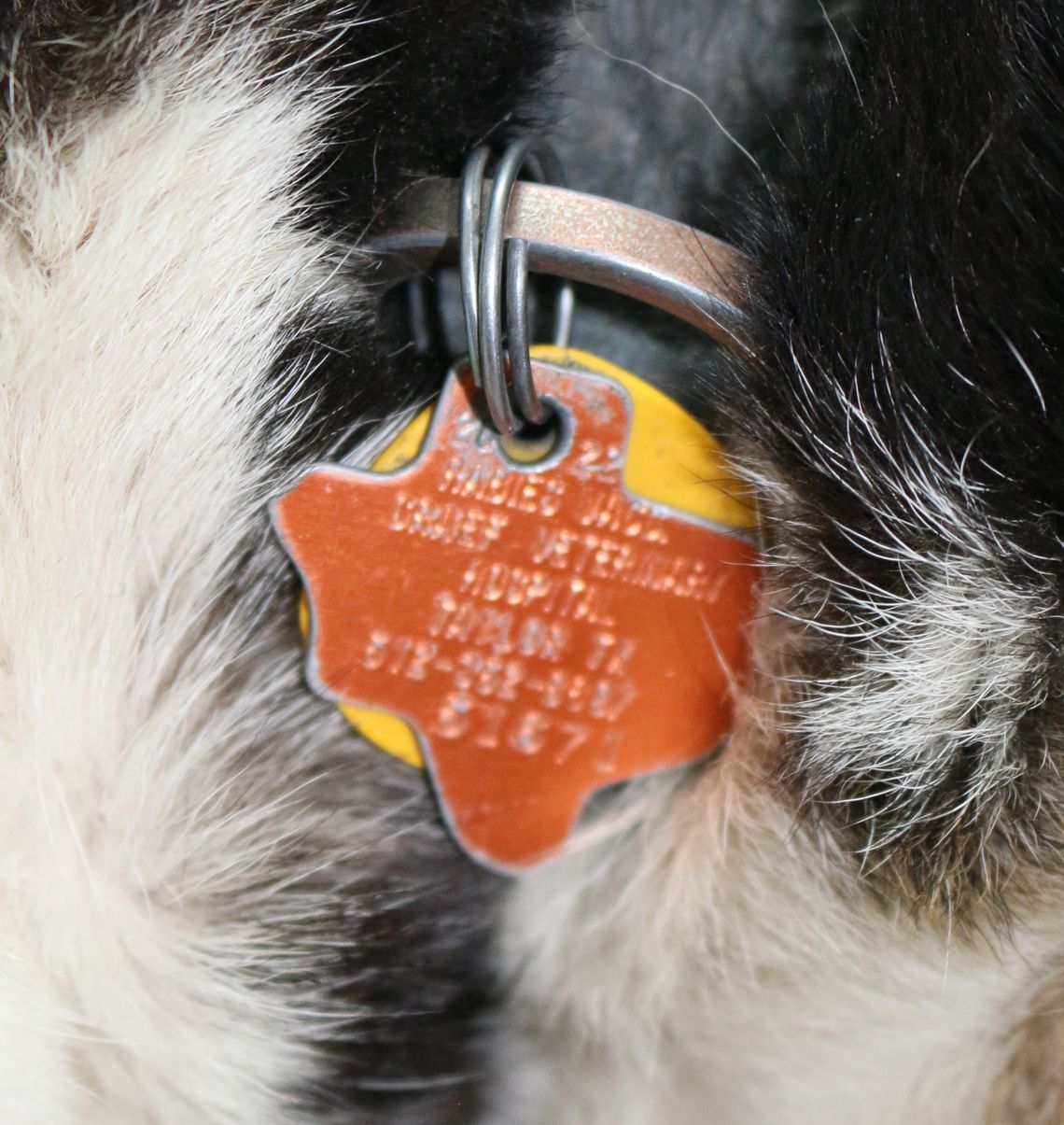HUTTO – In many areas of the country, people look for robins as a sign of spring. In the Austin area, the season is heralded by the return of the Mexican Free-tail bat.
While bats are beneficial – a large colony consumes up to 250 tons of insects every night – they are also the main carriers of rabies in the Hutto area according to local officials.
“As far as rabies goes, it’s most important for people to understand that it is in our local wildlife population and the most common wildlife you’re going to see test positive for rabies here is the Mexican Free-tail bat,” said Wayne Cunningham, Hutto’s senior animal control officer.
Cunningham was recently designated as the city’s first Local Rabies Control Authority.
“We respond to any calls involving animal bites or involving wildlife such as opossums or raccoons,” he said. “We have had cases of rabies in the wildlife population but not in domestic animals in Hutto as long as I’ve been here (seven years).”
He attributes the lack of domestic animal infections to knowledge and vaccinations.
“Anytime you see a bat that’s down on the ground or not acting normally, you need to get in touch with animal control or call the police department or sheriff’s department,” Cunningham said. “The other thing besides reporting is you need to keep pets current on their rabies vaccinations.”
The LRCA said that most of the calls the animal control officers receive are from people that have just happened across a downed bat on a sidewalk or on a playground at school.
Hutto Independent School District recently published their bat handling protocol, along with notices to parents and on social media warning against touching bats. The guidelines call for only specially-trained personnel or animal control officers to try to interact with bats in classrooms or on campus grounds.
Regarding bats which may roost inside buildings, “HISD will work collaboratively with local animal control, Bat Conservation organizations, and professionals especially trained to utilize safe, exclusionary techniques to permanently evict bats,” according to the published document.
While skunks and bats account for most animal rabies cases in Texas, any mammal can become infected and potentially spread the virus to other animals or humans says Regional veterinarian Dr. David Smonko with the Department of State Health Services. He provided a list of things people can do to stop the spread of rabies:
-
Never approach wild animals.
-
Contact your Local Rabies Control Authority if you suspect that a person or animal may have been exposed to rabies or suspect that an animal may be rabid.
-
If bitten or scratched by a bat or any other animal, wash the wound immediately with soap and water. Then, seek medical attention as soon as possible to be assessed for a rabies exposure.
-
Ensure domestic dogs and cats are up to date on rabies vaccination, as required by state law.
-
Consider protecting livestock and domestic ferrets by having them vaccinated against rabies.
While rabies is usually transmitted through the bite of an infected animal, it may also be transmitted if saliva or other infectious material enters the eyes, nose, mouth or a fresh break in the skin. According to the DSHS, in 2021 Williamson County had 21 cases of rabies – 13 bats, six skunks, one fox and one cow.
“If you get bitten by wildlife, you need to call the local animal control or the police to control the animal, and go immediately to the doctor,” Cunningham said.








